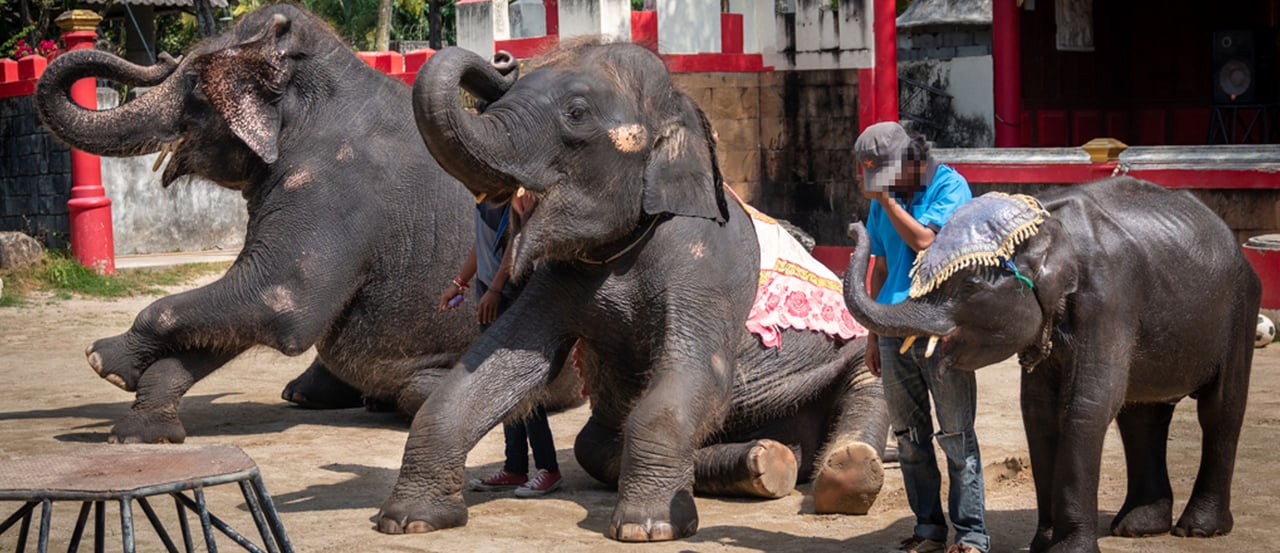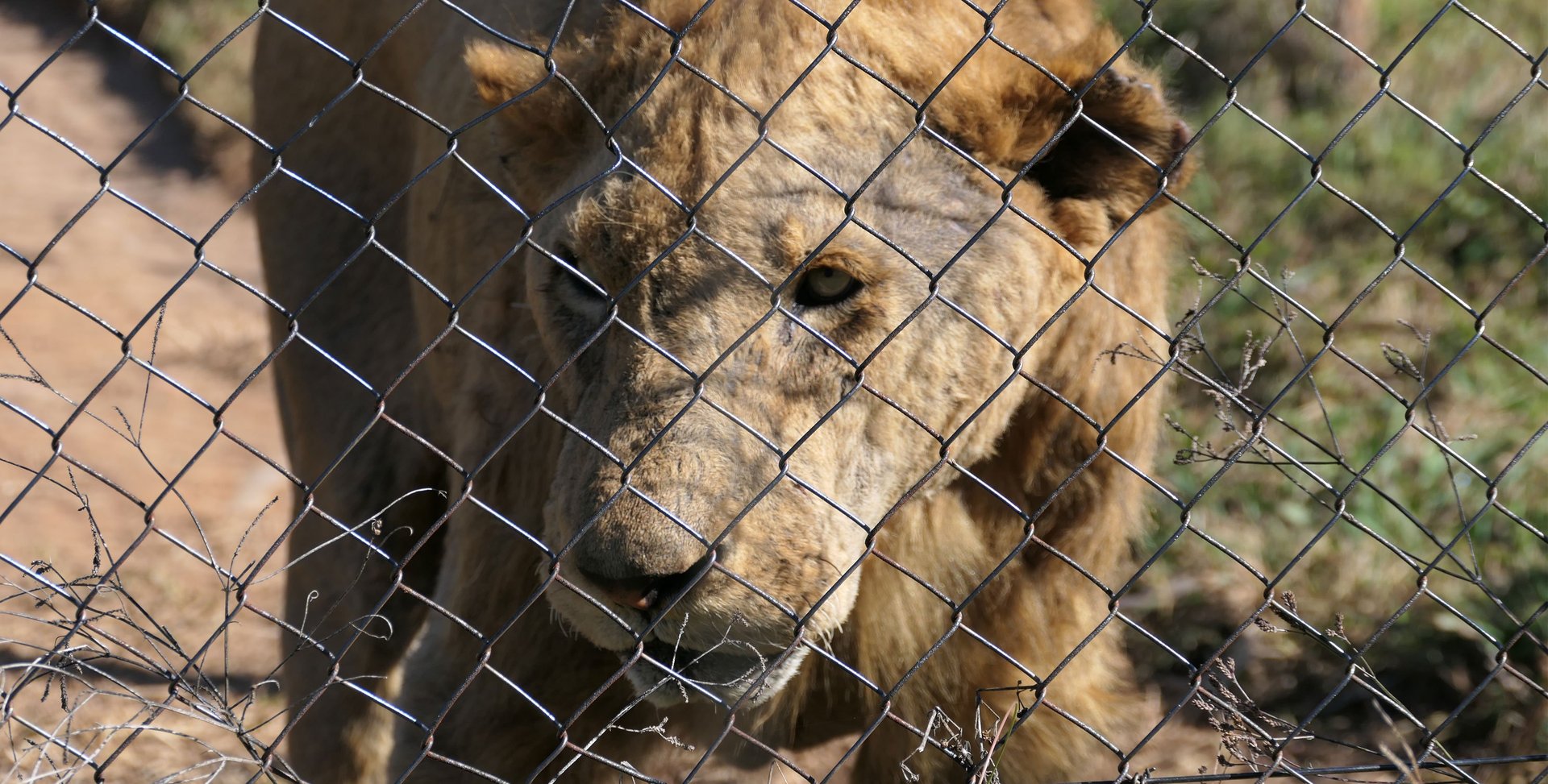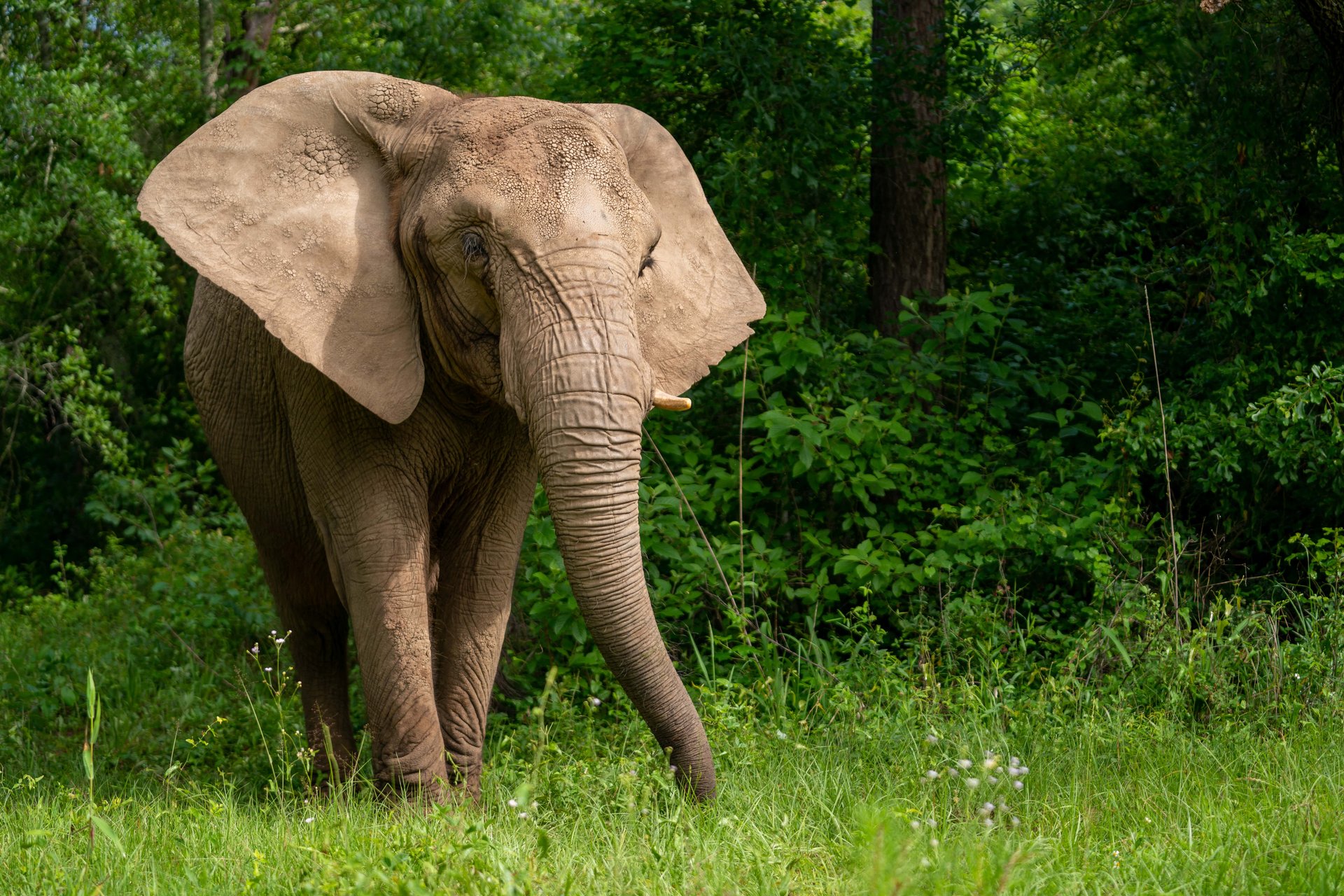The Real Responsible Traveller
Your post can make a difference; call out the travel companies still failing wildlife

Wildlife
There is an ever-growing demand for responsible travel, with travellers seeking more sustainable ways to holiday, but animal welfare is a missing piece.
Hundreds of thousands of wild animals are being exploited worldwide for tourist entertainment, resulting in a cycle of never-ending suffering. The suffering is often invisible, cleverly hidden by venues and associated travel companies who put profits first.
Luckily, travellers are waking up to the dark reality behind wild animal encounters, such as elephant rides and captive dolphin entertainment venues, and demanding wildlife-friendly alternatives and truly responsible holidays. Therefore, travel companies who continue to exploit wildlife for profit have a risky and unsustainable future.
Responsible travel policies help ensure that the travel industry meets commitments to protect animals worldwide and offer meaningful customer experiences.
Wild animals have the right to a wild life. They should be seen in the wild, thriving in their natural habitat. If not possible any wildlife encounter at travel destinations must take place where animal welfare is prioritised over entertainment.


Putting a stop to cruelty
Why South Africa's commercial captive lion industry should be shut down for good
Find out more
We collaborated with Scandinavia's most prominent travel agency, Spies (Nordic Leisure Travel Group), to develop a comprehensive policy to protect animal welfare.
As part of the policy, Spies will be guiding their traveller to help them to avoid stumbling into unethical offerings on holiday – such as petting lions and tigers, taking selfies with wildlife, or paying to see performing monkeys and bears.
It is extremely important that the major travel providers take the lead and insist on being part of the solution and the change. - Spies (Nordic Leisure Travel Group)
World Animal Protection and World Cetacean Alliance are developing the Whale Heritage Sites (WHS) programme that accredits destinations worldwide that support and celebrate cetaceans and their ocean habitats.
As a result, responsible tourists and travel companies can confidently choose authentic wildlife-friendly tourism experiences.
Travelling responsibly means never including cruel, captive wildlife entertainment on your itinerary and never booking your holiday with travel companies that are failing to address animal welfare issues and continue to profit from wild animal suffering.
As a responsible tourist, you have the power to take action against travel companies failing animals with their offerings. Animals are not commodities; calling out the operators treating them as such can change lives.
350,000 of our supporters campaigned tirelessly for Expedia Group to end the sale and promotion of captive dolphin venues and succeeded. TripAdvisor and Virgin Holidays stopped marketing these cruel attractions in 2019.
Together, we can drive down tourist demand for exploitative wildlife experiences and ensure more companies publicly commit to becoming wildlife friendly.
Responsible travel uses sustainable transport, supports local residents’ livelihoods and communities, conserves our environment, and protects animal welfare.
Responsible tourism has the power to minimise the damaging environmental, social, and economic impacts of global tourism.
Being a responsible tourist can support local communities and conservation while protecting wild animals' lives.
Ecotourism at destinations such as World Heritage Sites helps raise awareness of the importance of protecting the ocean and critical habitats.
In addition, they help to develop links with research facilities and build the support needed to conserve cetaceans for future generations.
Responsible tourism helps to drive economic benefits for local people. In addition, sustainable tourism helps contribute positively to the conservation of natural and cultural heritage. It can also empower local communities to care for their wildlife through cooperative management partnerships.
Header image credit: Amy Jones / Moving Animals. Skeletal baby elephant named Dumbo forced to perform for tourists at Phuket Zoo, Thailand. Despite campaigning, he died after his back legs snapped beneath him.
Your post can make a difference; call out the travel companies still failing wildlife
Travel & tourism
Lions are exploited for financial gain around the world; discover what World Animal Protection is doing to put a stop to the commercial breeding industry.
Wildlife
Find out more about trophy hunting and why the outdated and inhumane bloodsport will never be an acceptable approach to wildlife conservation.